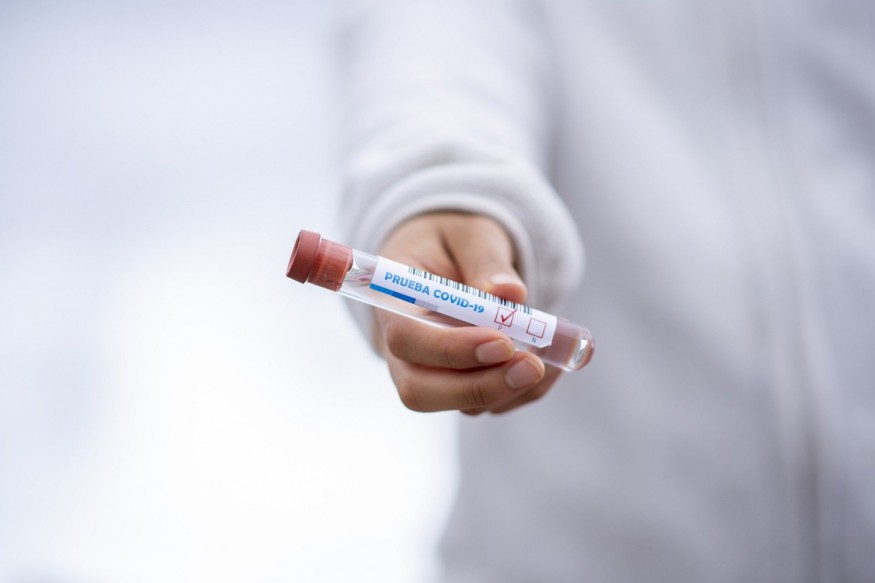
Scientists from Duke-NUS Medical School in Singapore are exploring the body's immunotherapy cells as a way to destroy the Coronavirus Disease 2019 (COVID-19).
According to the Daily Mail, the team will use chimeric antigen receptors (CAR) and T cell receptors (TCR T) to control the Severe Acute Respiratory Syndrome Coronavirus 2 (SARS-CoV-2) and protect patients from its symptomatic effects.
In the study Challenges of CAR- and TCR-T cell-based therapy for chronic infections published in the Journal of Experimental Medicine (JEM), the aforementioned cells are engineered to lyse the targeted cells directly. Their purpose is to lessen or completely eliminate a tumor.
According to Dr. Anthony Tanoto Tan, a senior research fellow at Duke's Emerging Infectious Diseases (EID) program, "This therapy is classically used in cancer treatment, where the lymphocytes of the patients are redirected to find and kill the cancer cells."
Make the body defend itself
However, these have to be used with caution. The study mentioned, "In an infectious disease setting where organs essential for life are infected and where the T cells mediate protection but also organ pathology, the use of CAR/TCR-T cells has to be evaluated with caution."
The laboratory generates CARs, which are artificial T-cell receptors that allow the immune system to recognize cells that have been infected by the virus. Antiviral bodies coupled with CAR/TCR T cells are the most cost-effective way of eliminating them.
The study said, "It is logical that research efforts targeting these pathogens are diverted mainly toward vaccine development or therapeutic small molecules that target their replication. However, in some infectious diseases, CAR/TCR-T cells might offer a rational and practical approach despite the inherent drawbacks."
According to the study, some of these drawbacks were viral infections and relapses. These were seen in immunosuppressed patients that had "hematopoietic stem cell or organ transplantation with human cytomegalovirus or EBV ( Epstein-Barr Virus) reactivation.
A low-cost alternative
The researchers said, "there's no timeline for how long a patient would need to take the treatment so it could be indefinitely." Fortunately for government and health agencies, it will be easier because the therapy is not that expensive.
The process was published in the Journal of Experimental Medicine. The therapy will extract immune cells called T lymphocytes from the patient's bloodstream. It will train the cells to recognize the virus once it enters the body.
With over 800,000 cases and almost 43,000 deaths in the US because of COVID-19, going anywhere is a risk. Using this therapy, the patient will not go to a hospital anymore, lowering the risk of spreading and acquiring the disease.
The therapy, while it's in the works, has not yet been tested against other infectious diseases and viruses. Dr. Tan said, "We argue that some infections, such as HIV and [Hepatitis B virus], can be a perfect target for this therapy, especially if lymphocytes are engineered using an approach that keeps them active for a limited amount of time to minimize potential side effects."
However, what researchers are sure of is the therapy works against SARS, the cousin of COVID-19. The study's senior author Dr. Antonio Bertoletti, also from the EID said, "We demonstrated that T cells can be redirected to target the coronavirus responsible for SARS.










